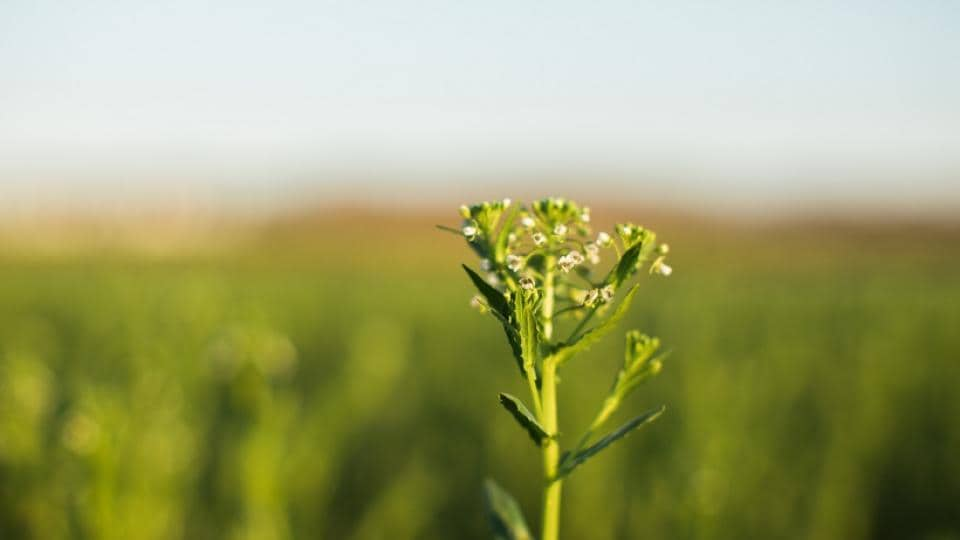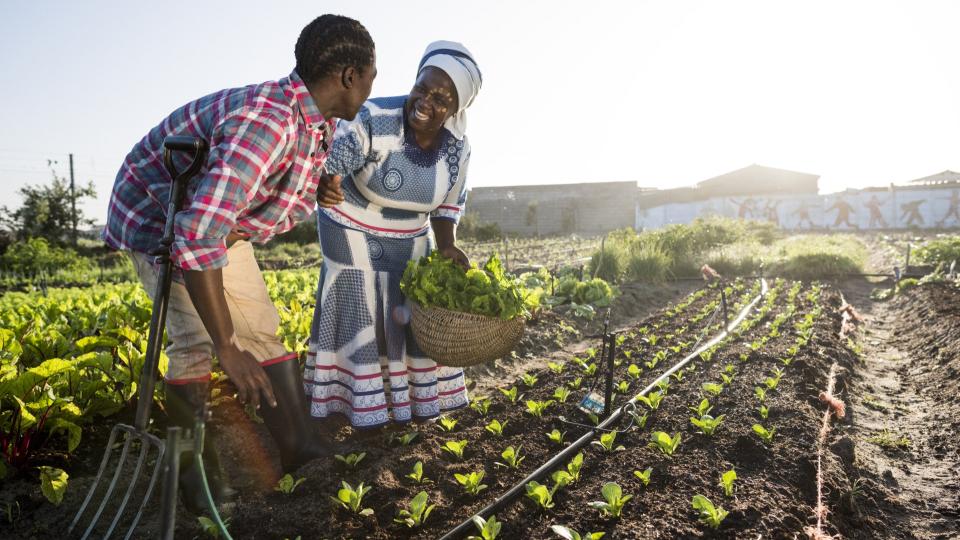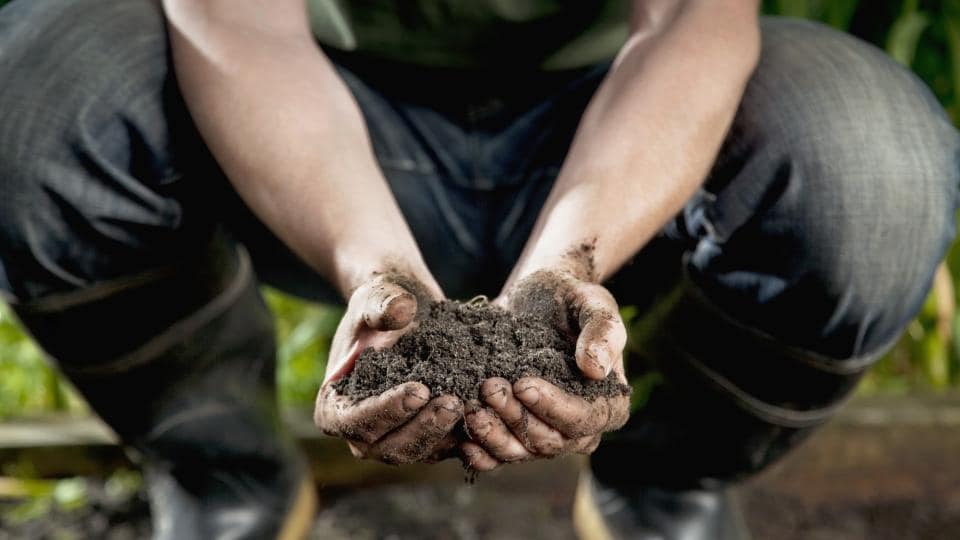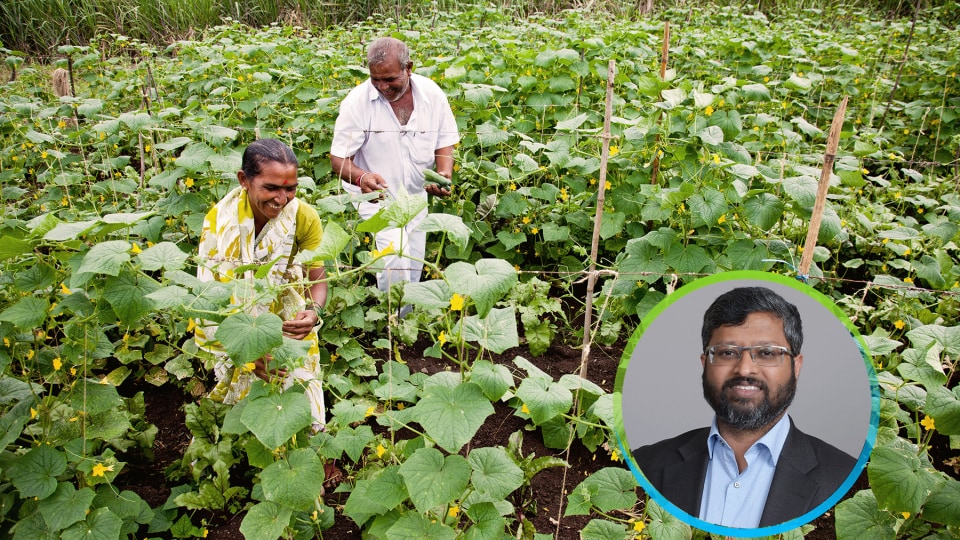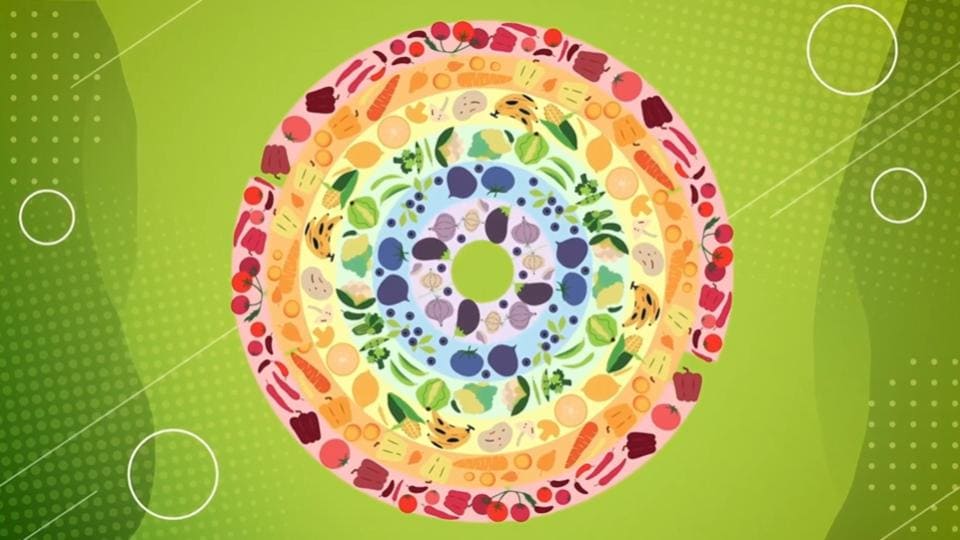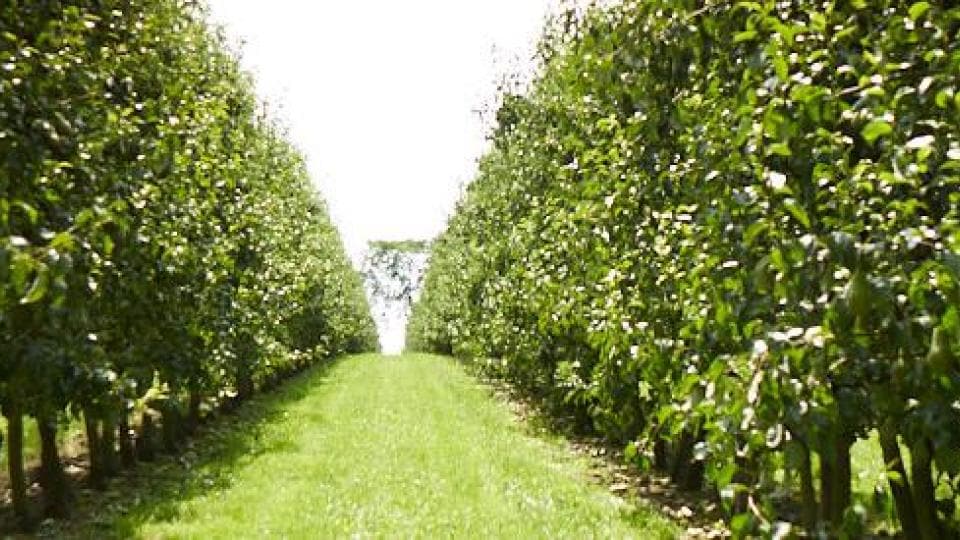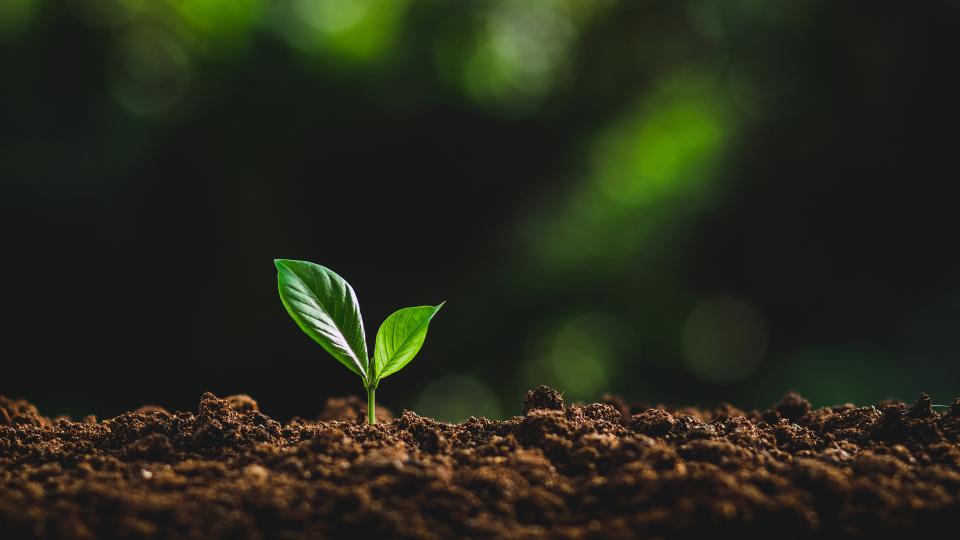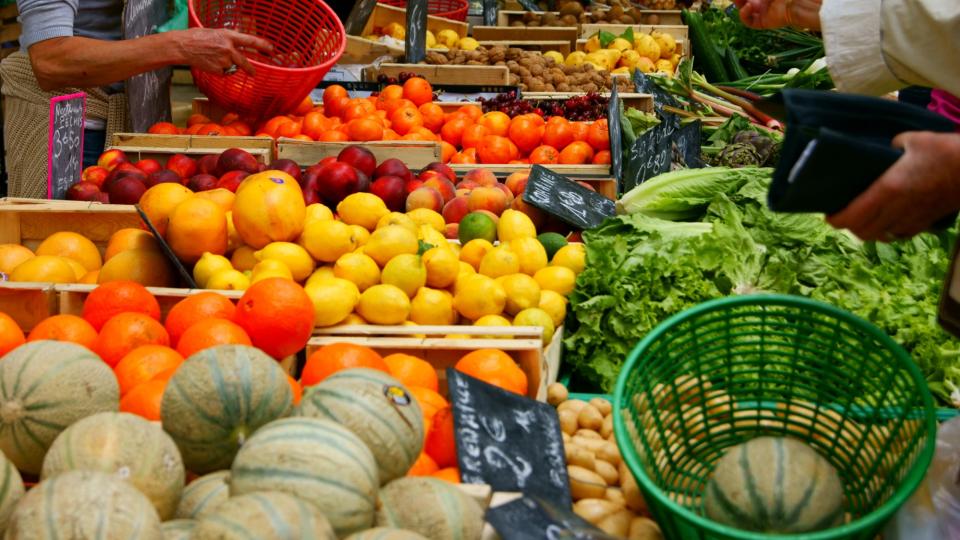How We Can Feed The World – And Prevent Food Loss

Sascha Eilmus is a biologist and researcher at Bayer. In this interview, he explains why so much food is not consumed, why the world would have a problem without pesticides, and the role consumers play.
How can we prevent so much food from being thrown away?
Sascha Eilmus: We can avoid waste in our own households by shopping consciously. However, quite a lot of food never even reaches the supermarket. On average, about one third of fruits and vegetables are lost during production or transport – one in three apples simply don’t reach the store.
Why is that?
Pests and pathogens in the fields threaten the harvest. Without appropriate defense, farmers suffer high crop failure. Extreme weather is also a problem. Floods and droughts are destroying crops more and more frequently.
How can we prevent food loss?
Crop protection products play a key role in preventing food loss. They protect fruits, vegetables, and grains from insects and pathogens, and enable them to withstand transportation and humidity. They also protect against mold. Mold not only leads to crop loss – it also makes people sick.

Does mold on fruits and vegetables cause cancer?
Mold can produce extremely toxic substances. These substances pose a serious health risk and can even cause cancer. In the past, mold was ever-present in our food. Crop protection products ensure that we have improved hygiene and far less poisonous fungal toxins in our food.
Are crop protection products hazardous to humans?
Crop protection products are approved only when they are harmless to our health. The amount of residue in food is extremely minute. In 99 percent of cases, the residue is so low that we can no longer detect it.
Then why do we wash apples before we eat them?
Primarily for hygienic reasons. A lot of people handle the apples before we consume them. That’s why they transmit germs and bacteria. The amount of residue from crop protection products is so small that we could go without washing the produce. We could eat unwashed apples by the bagful, and every glass of wine we drink – that is to say, the alcohol in it – would still be a thousand times more harmful to our health.
Sascha Eilmus
Biologist at Bayer
What is your vision when you go to work and do your research?
I am a fan of insects, and I do research on insecticides. That’s not a contradiction. In my research, I contribute to the development of more selective and more specialized crop protection products, meaning products are even more benign to beneficial insects and pollinators. I want to do my part to protect insect diversity.
Farmers who use crop protection products are often criticized.
In my view, that is unjust. Agriculture is humanity’s biggest cultural achievement. It is the foundation of our civilization. Farmers have a big stake in protecting the environment. It’s the only way to keep their fields fertile and robust – and the only way to still be able to produce crops on their land in a hundred years. Farmers and researchers like me are consumers just like everyone else. We have children who want a future where the world is worth living in, too. Making money at the expense of the environment is not the goal. No one benefits from that.
What can consumers do?
Everyone should be informed about where our food comes from and how it is produced. Get acquainted with farmers and those of us doing research on agriculture. Without crop protection products, we won’t be able to feed everyone – especially as the world population is growing. If we were to do away with crop protection products, we would have to expand farmlands. Today, that could only happen at the expense of space that we urgently need for other ecological purposes – such as forests – and that is, of course, not good for the environment. We need an environmentally friendly, and also modern, agricultural industry that can apply all innovations responsibly – and that includes new, more environmentally friendly crop protection products.









